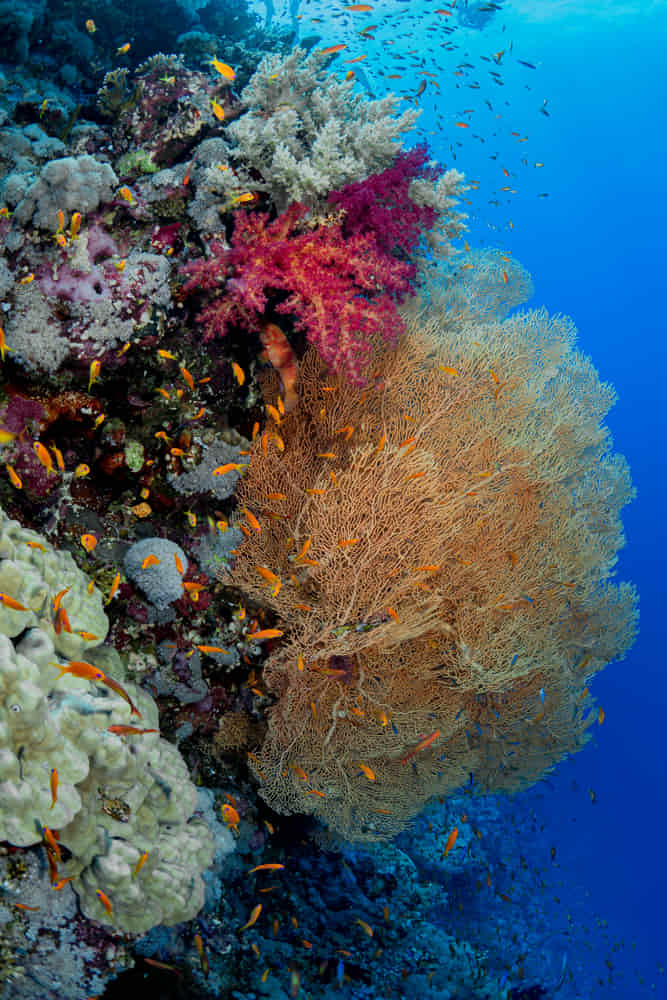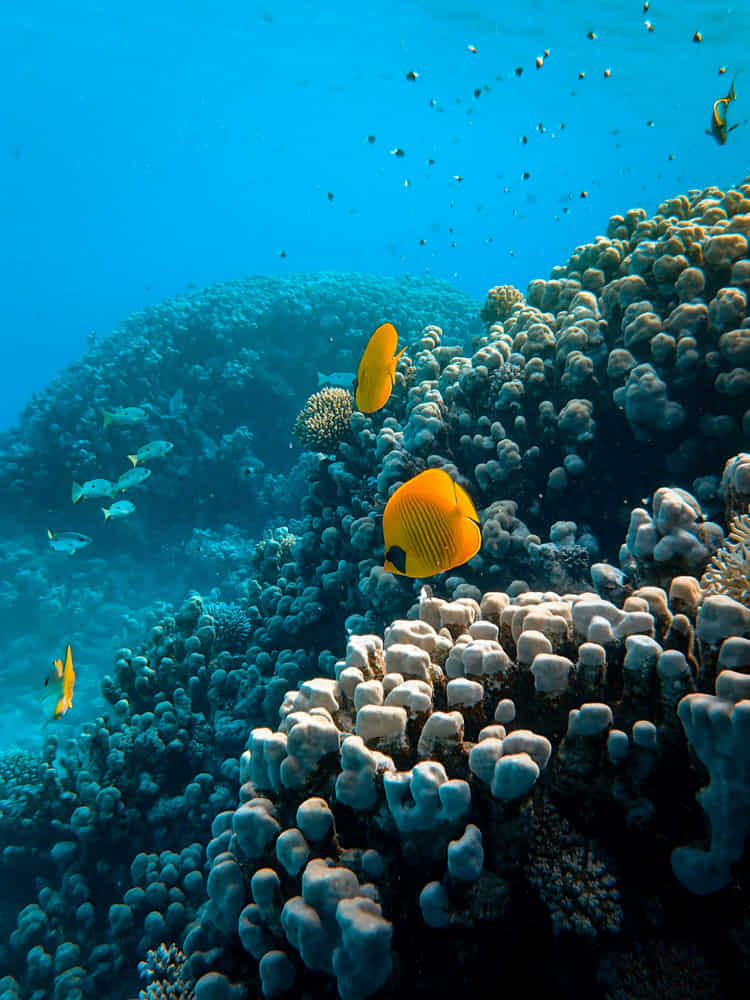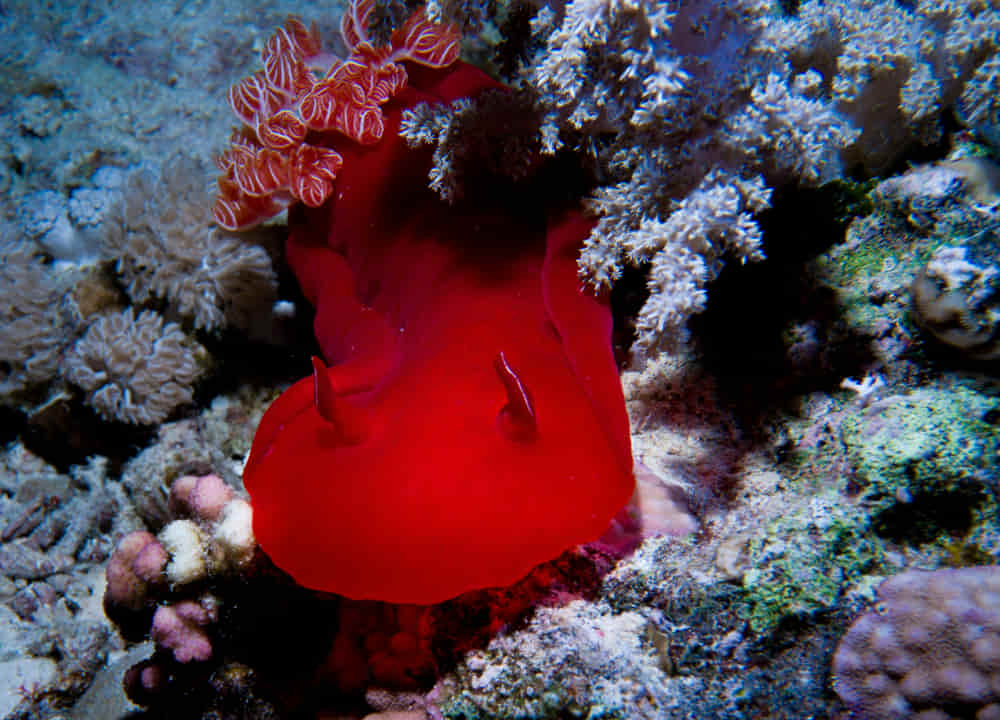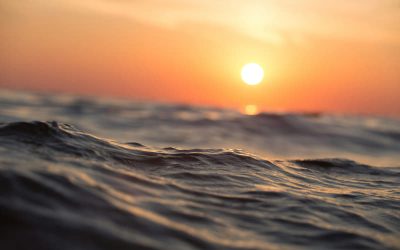Some places instantly evoke adventure, exoticism, and a touch of mystery just by mentioning them. And without a doubt, the Red Sea is one of those places. It’s one of the world’s most famous diving destinations—for reasons universally appreciated, like crystal-clear waters, surreal coral formations, and abundant marine life.
But there’s always that question: Is diving there dangerous? And because we don’t want you left wondering—or with your suitcase half-packed—here’s everything you need to know before plunging into this underwater gem.
Contents
The Red Sea: A diver’s paradise… without risks?
Let’s be clear: the Red Sea is one of the best diving spots on the planet. Period. Warm waters, unbeatable visibility (over 30 meters), and jaw-dropping biodiversity make every dive feel like stepping into another universe.
Not to mention:
- The abundance of shipwrecks where you can feel like a true explorer
- Perfectly preserved coral walls that stretch into the blue
- Encounters with sharks, dolphins, turtles, and a whole roster of impressive species
However—just like everything in life—there’s no perfection without a few shadows. Here’s what to keep in mind so your experience stays as amazing as it can be, without unpleasant surprises.


Potential risks of diving in the Red Sea
We won’t sugarcoat it: yes, there are some risks—just as in many other wild environments. Remember, you’re in nature’s domain, and it’s essential to dive smart, with experienced guides and quality equipment.
A few factors to be aware of:
- Strong currents: In certain spots (like Brothers Islands or Elphinstone), currents can be intense and changeable. Nothing unmanageable with a good briefing and some prior experience.
- Oceanic whitetip sharks: Majestic? Absolutely. Generally calm? Yes. But as with any wild animal, respect is key. Most incidents happen when divers harass them for the “perfect photo” or feed them—something that’s actually prohibited.
- Busy maritime traffic: In some popular sites, boat traffic can be heavy. Surface marker buoys (SMBs) and good signaling are essential when surfacing.
- Extreme weather: Not so much the heat itself, but strong winds and sudden changes. Always check the weather before heading out.
Bottom line: If you dive with a reputable center, experienced guides, and follow the rules, you shouldn’t have any problems (and you won’t).
Is it beginner-friendly? Or better for experienced divers?
Quick answer: It depends on the location. Not all of the Red Sea is the same—some areas are perfect for beginners, others are best for those with a few dives under their belt.
Great for beginners:
- Hurghada
- Marsa Alam (calmer areas)
- Dahab (especially the Blue Hole from shore—always with a guide)
- Sharm el-Sheikh (Ras Mohamed has something for everyone)
Better with some experience:
- Brothers Islands
- Daedalus Reef
- Elphinstone
- Rocky & Zabargad
If you’re new, get solid training before going. If you’re certified but with little experience, stick to calm areas or do a refresher dive. This is not the place for improvisation.

Safer tropical alternatives that are just as incredible
Yes, we agree—the Red Sea is a dream destination. But maybe it still makes you a bit nervous, or you’d rather skip that element of tension. Luckily, there are plenty of top-tier tropical destinations with minimal risks, where the experience will be equally (or more) mind-blowing.
Some of our favorites at DPM Diving:
- Nusa Penida (Indonesia): Yes, there are mantas. Yes, there are mola molas. And yes, you can dive with us. Sites for all levels, surrounded by breathtaking natural beauty.
- Gili Islands (Indonesia): A beginner’s paradise—calm waters, turtles everywhere, and a laid-back vibe that makes you feel instantly at home. (Gili Trawangan or Gili Air are great options.)
- Koh Tao (Thailand): One of the world’s most famous places to learn to dive—affordable courses, top-notch instructors, and warm waters year-round.
Dangerous? Only if you’re unprepared
As we’ve said, the Red Sea isn’t dangerous in the strict sense—but it does require awareness and preparation. Everything comes down to being well-trained and well-accompanied.
Our tips:
- Choose a certified dive center with a solid reputation.
- Be honest about your level and experience.
- Use well-maintained gear (or rent from trusted operators).
- Pay attention during the briefing. Always.
- Stay calm, protect the environment, and enjoy like never before.









0 Comments